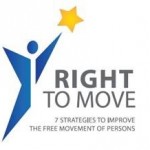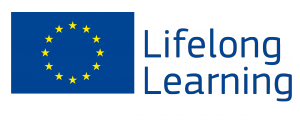Are you facing problems in getting your personnummer?
Are you an EU citizen who is unable to register your residence in Sweden?
The EU Rights Clinic can help!
In Sweden, getting a personummer is essential to lead a normal life in the country.
As EU citizens, we are meant to enjoy free movement across borders in all EU countries and to be treated in the same way as nationals of the country where we live.
However, for EU citizens who live in Sweden obtaining this important number is often a headache.
In recent times EU citizens have found difficulties in obtaining a personnummer and this is why we are initiating a complaint against the Swedish authorities in charge of issuing this number.
We are therefore calling upon EU citizens living in Sweden who have been refused a personnummer by the Skatteverket in 2016 to contact us by email (eurightsclinic@gmail.com) and share their experiences.
We are particularly interested in finding out the reasons given by the Swedish authorities for refusing to issue you with a personnummer.
We hope to use this information to formulate a complaint to the EU institutions so they can bring an end to the restrictive policy of the Swedish authorities on personnummer.
If you or anyone you know have had such difficulties in migrating to Sweden due to this issue, please contact us by email (eurightsclinic) and let us know your experience!
All information received will be treated confidentially and will not be divulged without your explicit consent.
Tack så mycket!
The EU Rights Clinic
***Watch this video for a summary of the problem (from 11:45)***


